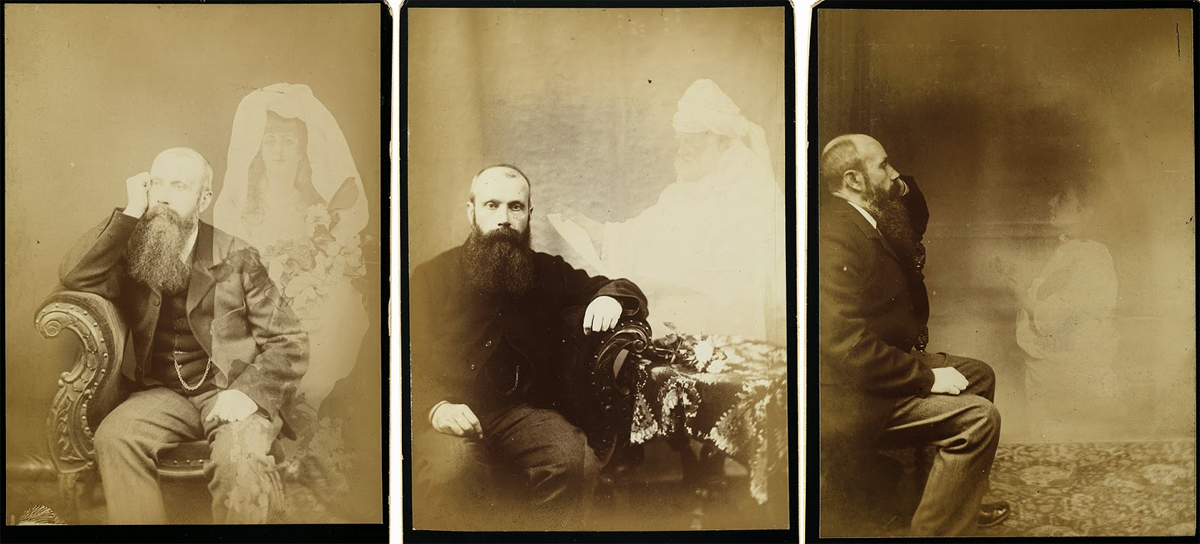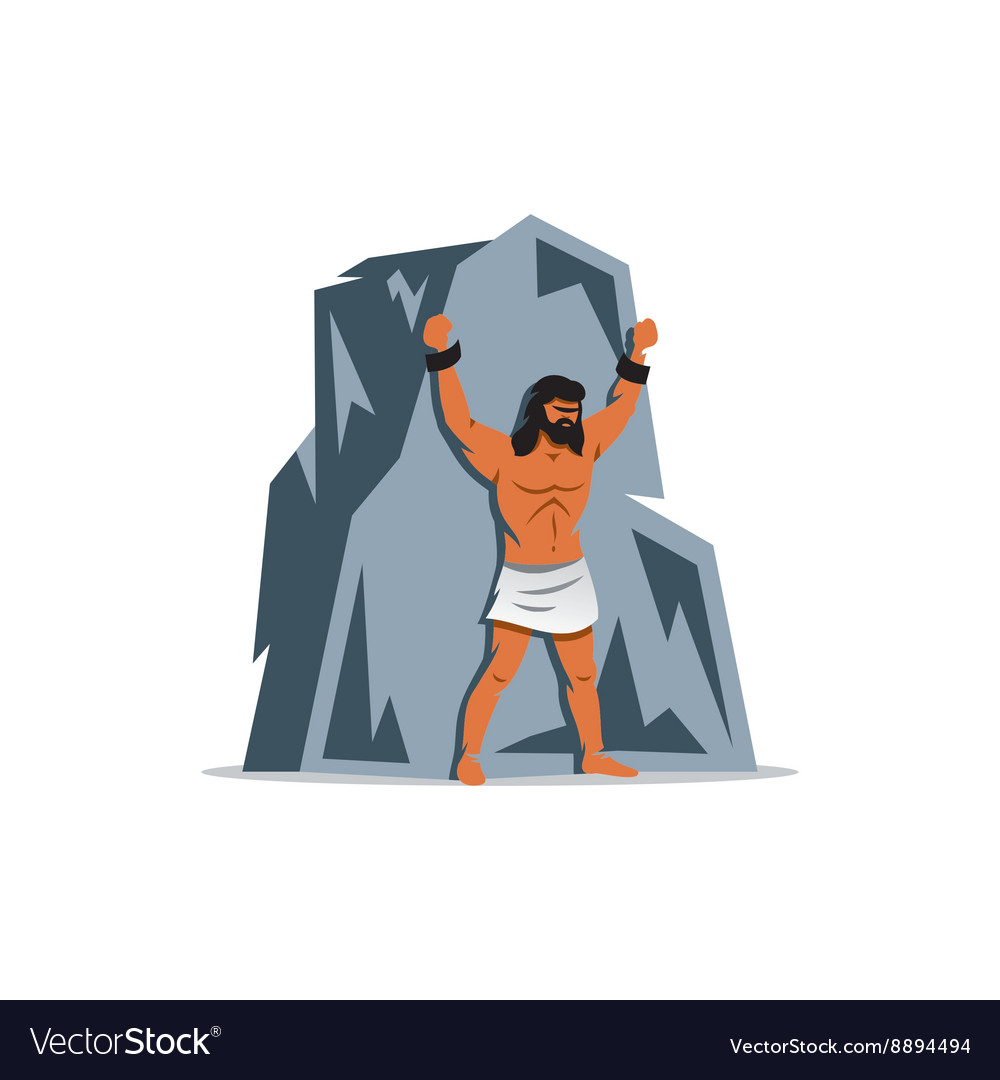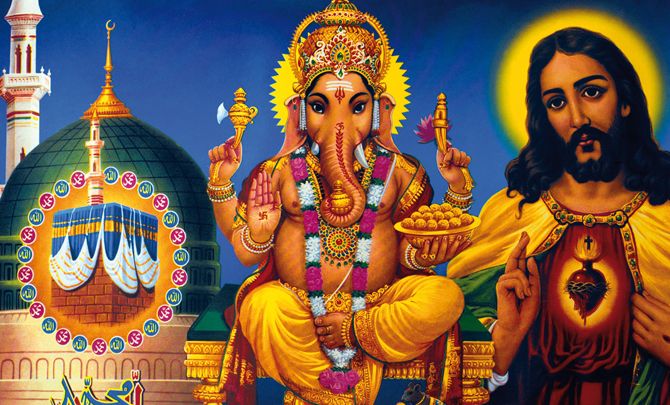
Norse beliefs include powerful deities such as the Aesir and Odin, the wisest of the gods. Frigg (the goddess of marriage and fertility) is another powerful deity. Thor is another Norse God. In ancient times, the Aesir provided explanations for earthquakes.
Paganism of Athelstan
Vikings' Athelstan is the incarnation of the same name, though the character is a much older man. He was born in Northumberland, and his parents had already four children. He was sent to Lindisfarne monastery where he found joy. After this, he converted to Christianity. He also became proficient in Latin, Old English, Greek, and Old English. Because he spent so much time at Charlemagne’s court, it is likely that he knew High German.
King Ecbert also said that Athelstan spoke Latin. Latin was the language of the clergy at that time. This language was used for numerous religious services. Monks were given the responsibility of translating and interpret biblical works. Because there were few English-language Bibles at the time, it was essential for priests and other members of the clergy to be literate in Latin to fully understand the messages contained in the Bible.

Norse mythology
Norse mythology is a collection of myths that originates from the ancient North Germanic Scandinavian peoples. Its roots can been traced back to the Old Norse religion. It has survived, even after Christianization of Scandinavia. This ancient mythology has become a source of modern Nordic folklore, and many of its stories are still told today.
Norse mythology includes many deities as well as supernatural creatures. Fenrir was a giant wolf which travelled the entire world in a spiral. Jormungandr (a giant sea serpent) is another deity. Hugin, Munin and Ratatosk are the other ravens.
Valhalla
Norse beliefs about Valhalla have often been linked with death and afterlife. In chapter two of the Prose Edda's book Gylfaginning (the book about Valhalla), Valhalla is first mentioned. Valhalla is first mentioned in King Gylfi's mythical quest for the gods of power.
Valhalla was once an immense battlefield. It became a place for heroes and warriors who had died in battle would be taken there by Valkyries. Valkyries serve the einherjar. They are the heroes who died fighting for the good of mankind and they also serve Odin. They are also responsible for caring for the souls of Odin's Hall, as well as being psychopomps or Norns. They even have affairs with some of those who die there.

Gylfi
Gylfi is a story that takes place during King Gylfi's reign over the Swedish lands. He gave a portion of his land to a beggar woman who was a descendant of the AEsir. Gefion was this beggar. She took four oxen of Giantland, her children by a giant and carried the land westward to the sea.
Snorri Sturluson's epic poem, The Edda, tells the story about Gylfi. It's a collection tales from the ancient times of the Norse gods. The creation of these gods and their destruction is dealt with in the Edda and similar Norse writings. The myth of Gylfi also tells of the relationship between Gylfi and Gefjon.